|
16th December 2021 It's a Thursday and we're round Simon's for some gaming. The game of the night was Le Harve; have you ever had the urge to run a business on the French coast, construct buildings and ships, manage goods, feed your ever expanding workforce and avoid going into debt? If the answer is yes, then maybe, just maybe, Le Havre is the game you're lookng for. What's in a game? Le Havre uses a lot of components, I mean it, A LOT!
The art in Le Havre is a bit of a mixed bag. The game board uses fairly simplistic and colourful illustrations that I personally found clear, distinct and looked quite evocative, the same is true of illustrations on the cards. However, the tokens used monochromic artwork which is a little old school. Having said that, it was always clear what they represented. Which brings me to iconography. Between all the different actions on all the building cards in particular, Le Havre uses a fair amount of iconography. Much of it is straightforward and apparent but some of it will require looking up in the rules. none of it game-breaking though. How's it play? Setup
On to play Acquisition of wealth is goal in Le Havre and money becomes victory points at the game end. The game is played over a number rounds dependant on the number of players. In each round there are 7 turns, you will note that this means that players will not have an equal number of turns and this is by design. In their turn each player must perform the supply action and has a single main action they can also perform, in addition the active player can also perform buy/sell actions. When all 7 turns have been completed, there are some end of round actions to resolve before moving on to the next round. Free actions: These can be performed by the active player at any time.
Endgame When the final round is completed, all players have 1 final main action they can perform, after this, the game goes to scoring. Now each player calculates their wealth which are victory points. This is done by totting up the following: Value of all building and ships a player owns. Cash they possess. Every loan card a player still possess at the game end deducts from the total. Scores are tallied, highest score wins. Overall
When playing Le Havre players will need to pay attention to several areas of the game. Buildings are very important and players will probably spent a significant number of actions on them, not only do they have to think about to what they've built, what the town owns and what it available to build but what other players have built. Being able to make use of other player's building adds an interesting spin on the game. Players will need to adapt their strategy to the buildings that become available and while there is a ordering number for buildings, it's still no guarantee of the actual order they become available. That doesn't mean you can risk ignoring ships or acquiring resources of course, food is vital, probably the single most important thing in the game, you'll constantly need food otherwise you'll eventually be plunged into spiralling debt. Managing all the resources is also key and the game deliberately forces players to make the hard choice between using a building or taking a resource from an offer space. Resources tend to be relatively scarce at the start of the game and player's will want to optimise their strategies. Generally money can be used in place of some resources but it's essentially sucking up victory points and getting players closer to having to take a loan, something to avoid if you can. Players will need to also pay attention to the supply track and their position on it and when their turns will come up, as well as when resources will be moved into the offer spaces. Even though there were some more rules which I skipped over describing, I wouldn't call La Havre a very heavy game. I did find it a little fiddly with the occasional little rule popping up here or there and at the start I did find the game a little obtuse. Once you get over that hump Le Havre becomes a mostly straightforward game and proves a challenging game with meaningful decisions to make. I do have a criticism of Le Havre though - and that's the playtime, it's just too long! This is a known issue too as the rules contain a 'shortened' variant of the game! A 5-player game is expected to take 210 minutes over 20 rounds, that's 3 ½ hours and quite frankly, that's an underestimation. Think about it; 210 minutes over 20 rounds is 10 minutes 30 seconds per round and each round has 7 turns, that works out at 90 seconds per turn. Do you think that the kind of players that like this type of game spend just 90 seconds per turn? If every player spends 2 minutes taking their turn instead of 90 seconds, it would add 70 minutes to the playtime. 😭 It meant that the down time between turns felt like it lasted forever and at times was just more frustrating than fun or compelling, which was what I ultimately took away from it. If you like resource-management games that are slightly on the heavy side, then Le Havre might be worth a look, provided you can commit the time. To be honest, it's a game that rainy, chilled Sunday afternoons are perfect for.
0 Comments
Leave a Reply. |
AuthorI play, I paint. Archives
March 2024
Categories
All
|

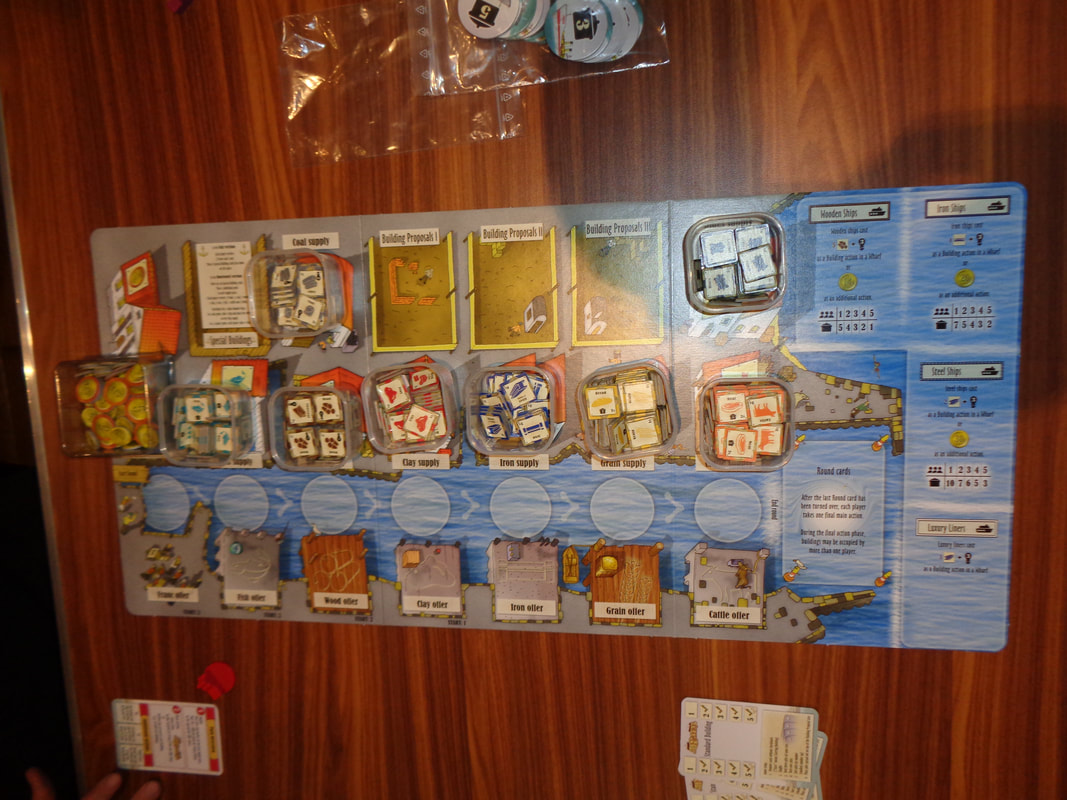
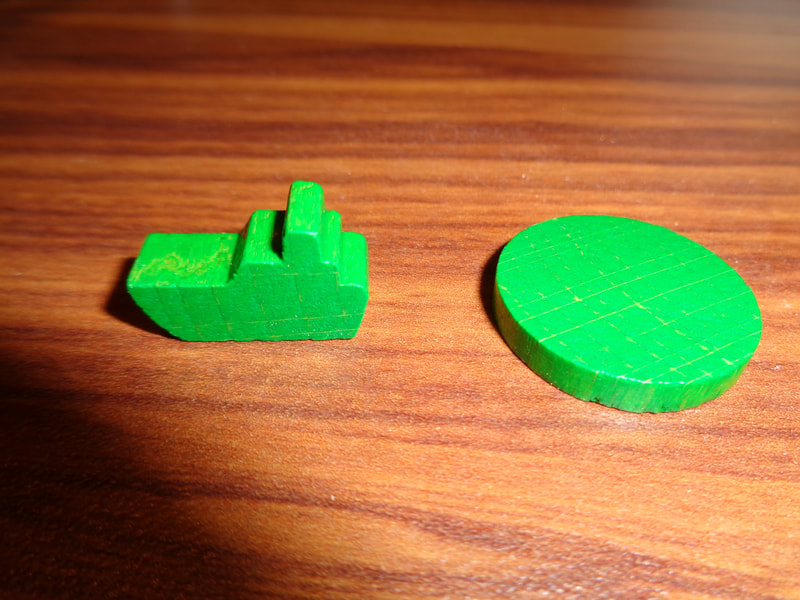
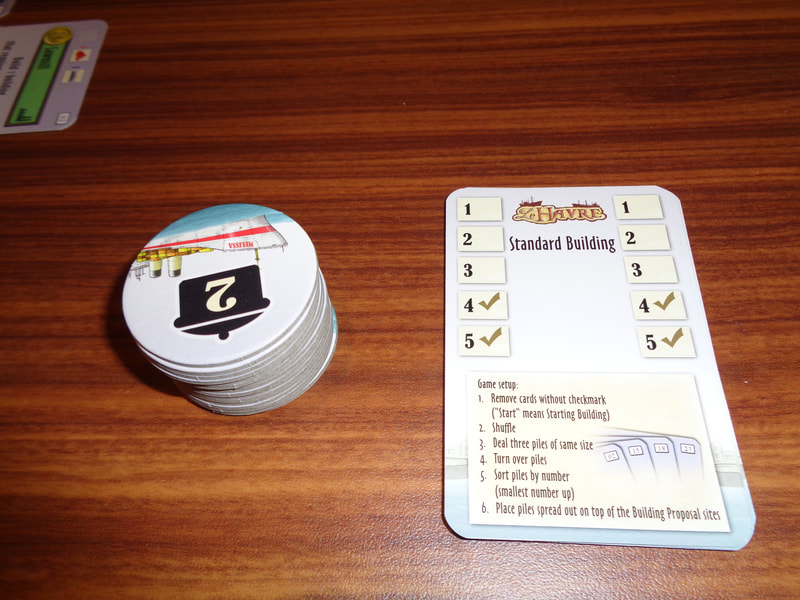
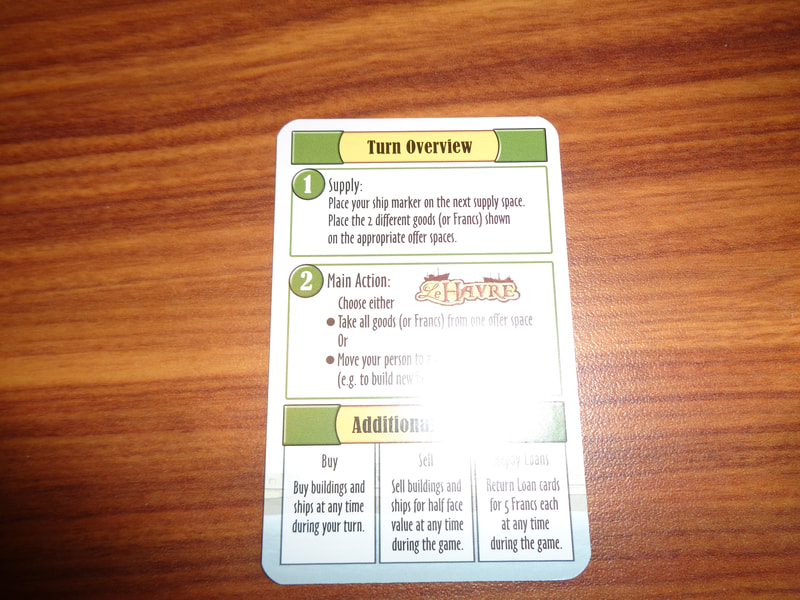
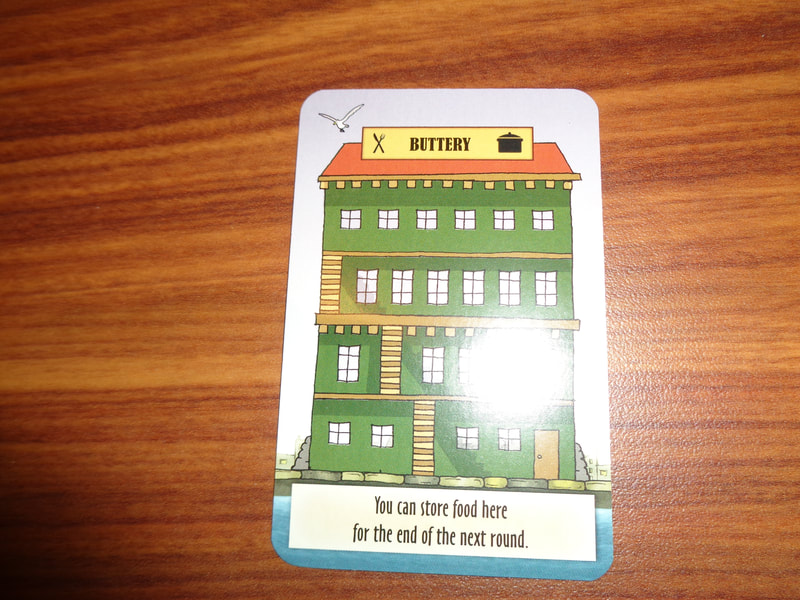
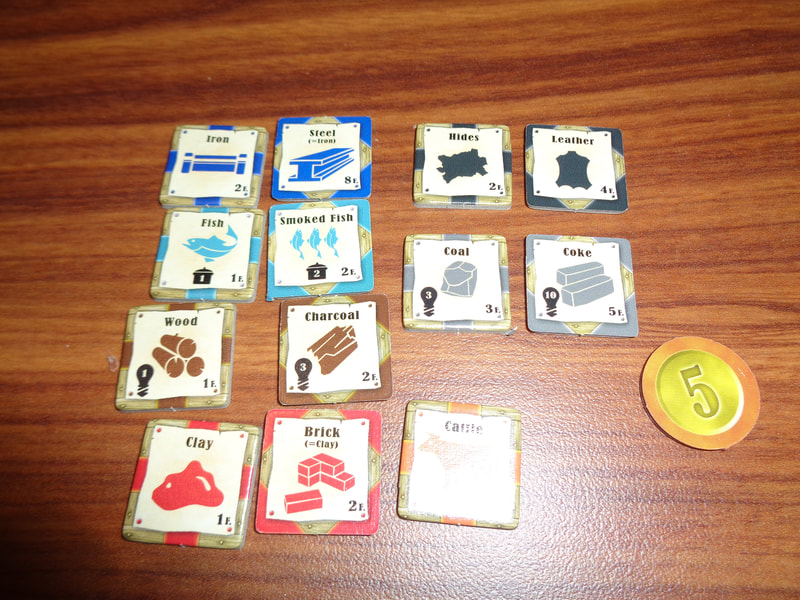
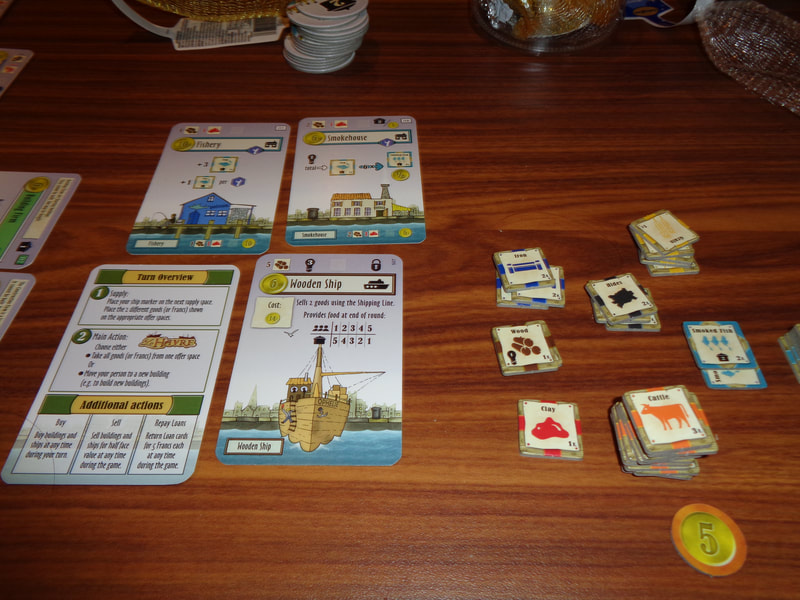
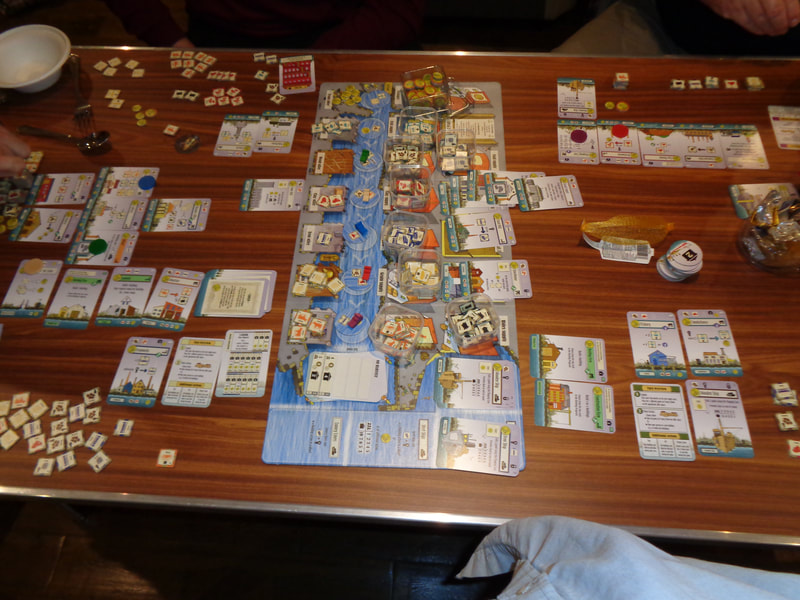
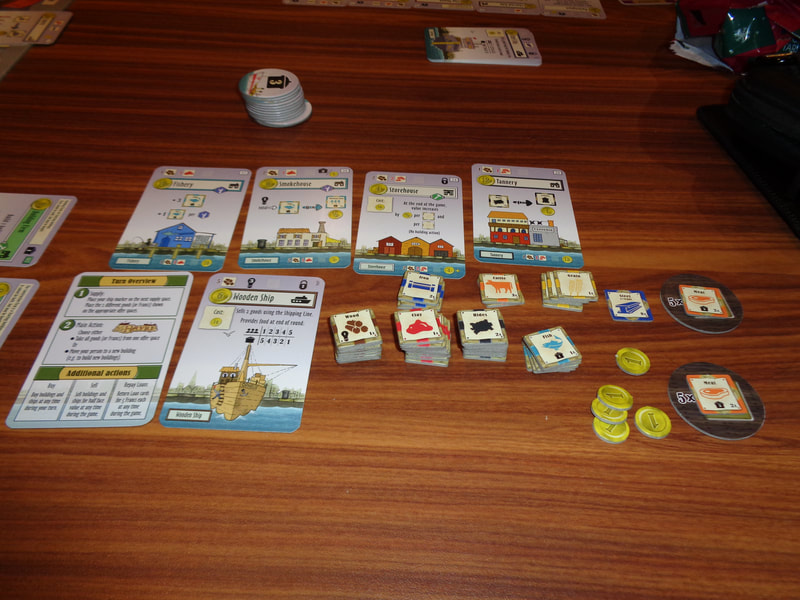
 RSS Feed
RSS Feed
